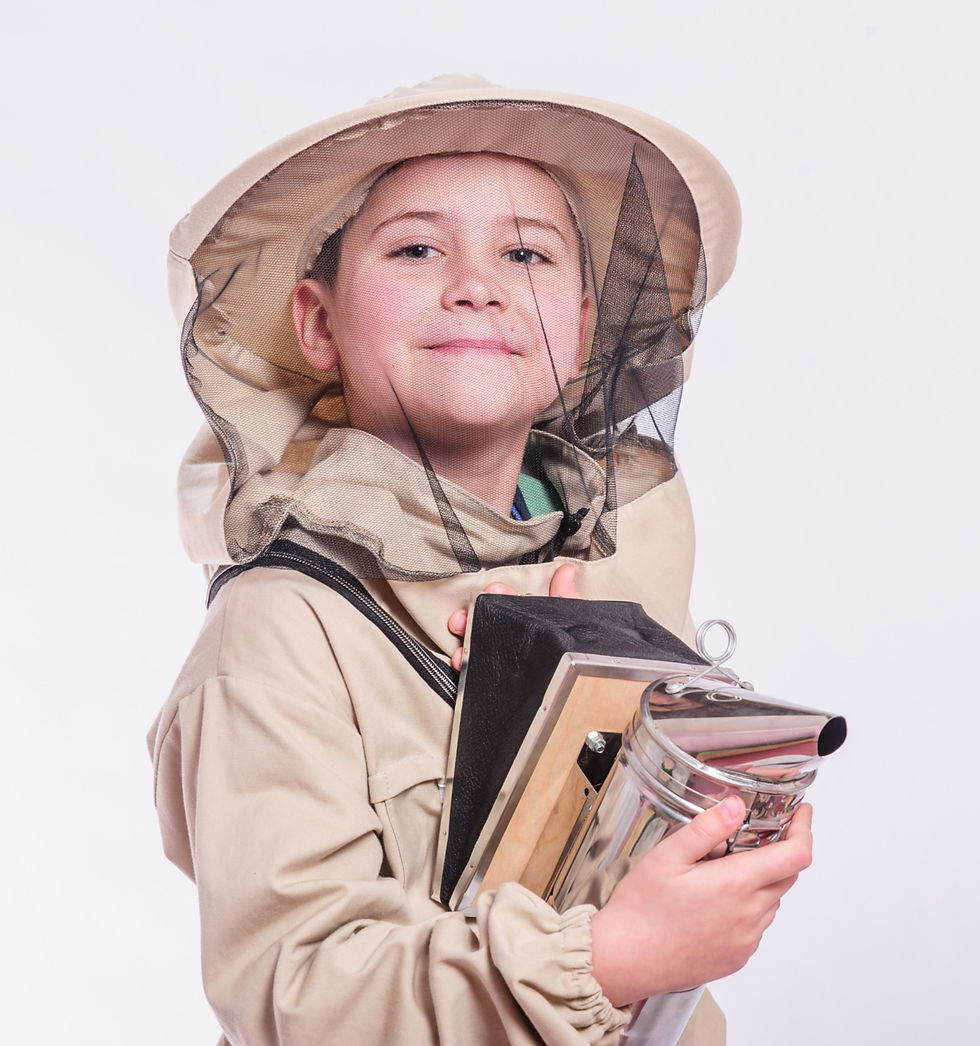Is it Local?
- Jo Edmondson

- Jul 10, 2023
- 2 min read

As some of you are aware, we have relocated to a small town west of Woodbine, namely, Alapaha, Georgia. Our bees now proudly reside near the edge of a forest in a meadow covered with wildflowers, sheltered by the canopy of old growth pecan trees and only a stones-throw away from a large organic blueberry farm. The area is also populated with set pines, blackberry bushes, goldenrod, wildflowers and what some might even call weeds, but of course we call them herbal medicine! There are rivers, ponds, swamps and bogs all edged by live oaks, gallberry and buttonbush.
With all that said, some of our customers found us when our bees were Camden County residents. So the question on everyone's mind is... "Is your honey still local?" That's a great question to ask and it is should be asked, especially if you are using honey for, what most consider to be, it's medicinal value against seasonal allergies. The question cannot be answered really in terms of a set radius. If you go to Google, you'll find answers that range anywhere from as little as 25 miles to upwards of a region. Local is truly defined by the types of pollen present in the honey and how that analysis compares to the area around you. To really determine what pollen are in the honey you are consuming, an expensive analysis test would need to be done. This is also the case if a company is to title their honey a particular variety, which is why we do not label our honey as such. Although, we can tell you what was in bloom and, in general, what the bees were pollinating when the honey was being stored. Having lived in both places, we can tell you that the sources of nectar and pollen are very similar between where we were in Woodbine and where we are here in Alapaha now. As such, we do consider our honey still local to our Camden customers!



Comments